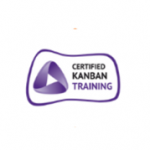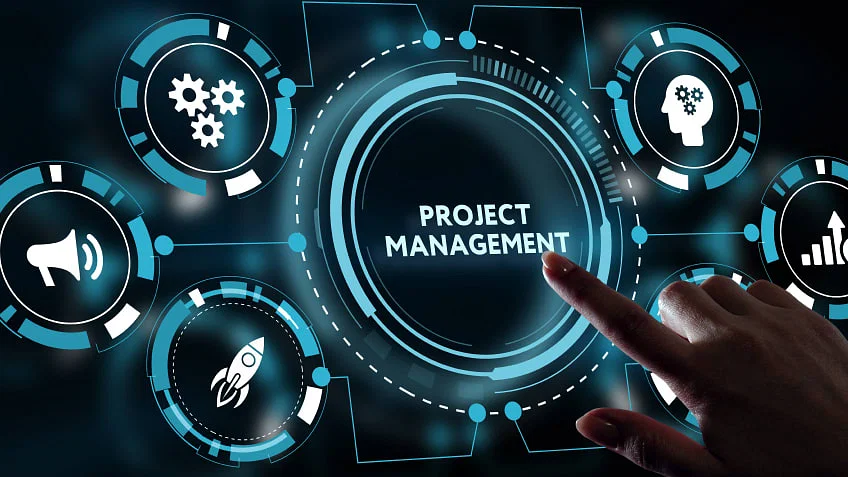The Holistic View of the Business
The Agile BA role in relation to mission and objectives
How to analyse the business environment
Measuring the success of implementing change
The Agile Landscape
What is Agile? Approaches and frameworks
Why is Agile needed?
Role and responsibilities of the Agile BA and Agile team
Stakeholders
Stakeholder types / personas
RACI and RASCI in Agile
Empowerment of Stakeholders in an Agile project
Dealing with Requirements
The Agile approach to requirements
User Stories, Epics, Acceptance Criteria
The Agile Business Analyst’s link to quality and testing
The Agile Requirements Life Cycle
Checking completeness
The Agile Business Case
Strategic and project business cases
Understanding the business problem
As Is, To Be, Abstraction
Gap Analysis and Value Streams
Facilitated Workshops
The role of Facilitation in Agile
How to organise and run a Facilitated Workshop
Prioritisation
Combining and prioritising requirements
Customer perception and expectation
Modelling and prototyping
6 perspectives for modelling
Tacit information
Reasons and perspectives for prototyping
Working in a timebox
Timebox structure and iterative development



